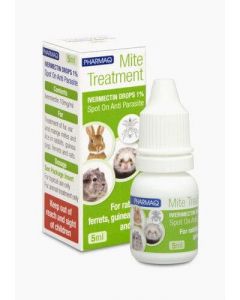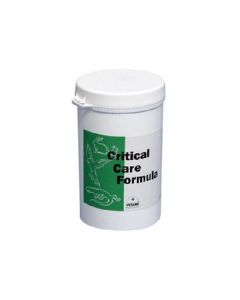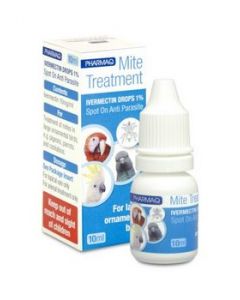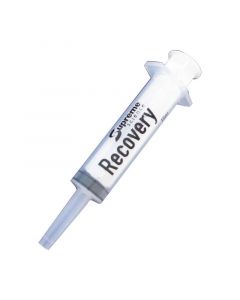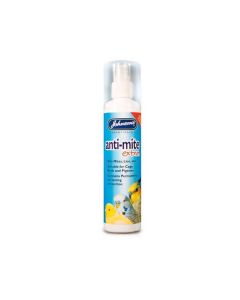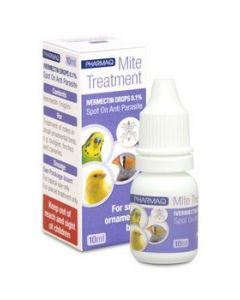- Home
- Healthcare
- Small Pets
Species
Select a filter
Brand
Select a filter
Product Type
Select a filter
Gabarit d'animal
Select a filter
Manufacturer
Select a filter
Show products for :


